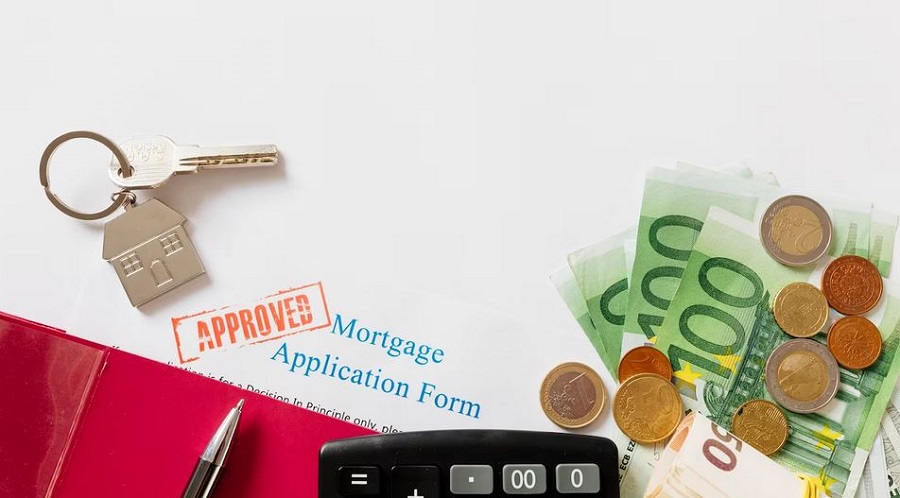As you approach retirement, you may start thinking about your financial future and how to ensure you have enough income to support your lifestyle. One of the biggest expenses you may have is your mortgage.
Many retirees wonder if it’s a good idea to continue paying off their mortgage in retirement or if they should consider other options. In this article, we will discuss mortgages in retirement and what you need to know.
Understanding Mortgages in Retirement

A mortgage is a loan that you take out to purchase a property, and it’s typically repaid over a period of 15 to 30 years. When you enter retirement, you may still have a mortgage to pay off. However, your income may be reduced, which can make it challenging to make your mortgage payments. This can lead to financial stress and even foreclosure if you’re unable to keep up with your mortgage payments.
On the other hand, if you pay off your mortgage before retirement, you can reduce your monthly expenses and have more money to spend on other things. But is it the right decision for you?
Benefits of Paying Off Your Mortgage in Retirement
There are several benefits to paying off your mortgage in retirement. For one, it can reduce your monthly expenses and give you peace of mind knowing that you own your home outright. You won’t have to worry about making mortgage payments every month, which can be a significant relief for retirees living on a fixed income.
Paying off your mortgage can also improve your financial situation by reducing your debt load. This can give you more flexibility to spend money on other things, such as travel or hobbies, without worrying about taking on additional debt.
Additionally, paying off your mortgage can provide a sense of accomplishment and financial security, which can be invaluable in retirement.
Drawbacks of Paying Off Your Mortgage in Retirement
While there are benefits to paying off your mortgage in retirement, there are also drawbacks to consider. For one, paying off your mortgage may require a significant amount of cash, which can impact your retirement savings. If you use a significant portion of your retirement savings to pay off your mortgage, you may have less money to spend on other things in retirement.
Paying off your mortgage may also limit your liquidity, making it more challenging to access your money in case of an emergency. If you have a significant amount of money tied up in your home, you may need to consider other options to access cash if you need it.
Another consideration is the potential tax implications of paying off your mortgage. When you have a mortgage, you can deduct the interest payments from your taxes, which can reduce your tax bill. However, if you pay off your mortgage, you won’t have this deduction, which can impact your taxes in retirement.
Alternatives to Paying Off Your Mortgage in Retirement
If you’re not sure if paying off your mortgage in retirement is the right decision for you, there are alternatives to consider. One option is to downsize your home or move to a more affordable location. This can reduce your monthly expenses and make it easier to manage your finances in retirement.
Another option is to refinance your mortgage to a lower interest rate or a longer repayment term. This can reduce your monthly payments and give you more flexibility in your budget. However, keep in mind that refinancing may require you to pay closing costs, which can impact your finances.
Finally, you may consider taking out a reverse mortgage. A reverse mortgage allows you to borrow against the equity in your home and receive cash payments. However, it’s important to understand the costs and risks associated with a reverse mortgage before making a decision.
Conclusion
Mortgages in retirement can be a complicated topic, but with careful planning and consideration, it is possible to navigate this aspect of your financial life successfully. It’s important to assess your unique situation and consult with a financial advisor or mortgage professional to determine the best course of action for you.
Some retirees may find that paying off their mortgage before retirement is the best option, while others may choose to keep their mortgage and use their retirement savings for other investments or expenses.
Whatever your decision may be, be sure to carefully consider all factors and make a plan that works for your individual financial goals and needs.

